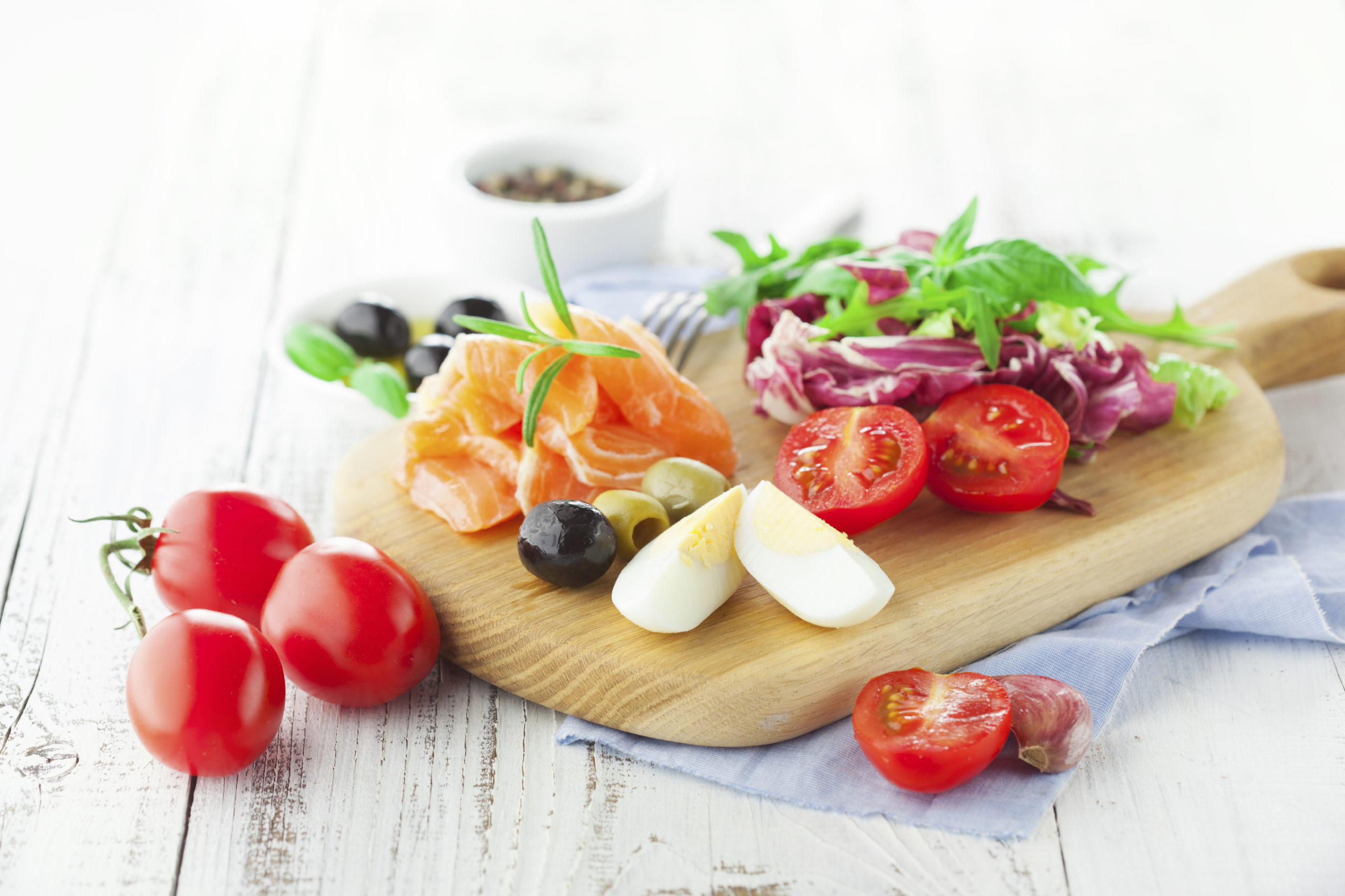Snacking Smartly

The habit of snacking exists for a reason: our blood sugar gets low between meals and we feel hungry. Snacking on a small portion (one handful serving size, or 100-200 calories) of healthy food like a piece of fruit, boiled egg, or nuts can actually improved our health, assist in weight management, optimize brain function, and reduce fatigue between meals.
The problem with snacking is when it becomes a habitual cycle, and you find yourself snacking on food throughout the day instead of sitting down for meals. Although taking a few bites or handfuls of food throughout the day may feel like you’re eating less, you’d be surprised how much those little bites can add up, especially when they food has a high caloric density like chips or candy.
Here are some tips on how to get out of the habit of mindless snacking:
- Plan your day with mealtimes in mind. Before you go to bed, think about the next day and how you can fit in three 30-60 minute meals.Better yet, prepare those meals ahead of time. Sitting down and focusing on eating a colorful and diversified plate of food will not only stimulate your sense of taste, but your sense of sight and smell, leaving you more satisfied and less likely to over-eat or snack on unhealthy foods later on. Remember, fill your plate up with a mix of colorful fruits and vegetables, lean protein, whole grains, and healthy fats to feel fuller and more energetic throughout the day.
- Listen to your body. If it’s 3pm, you’re fatigued and can hear your stomach growling, give your body a snack. Don’t think you’re doing yourself a favor by pushing through those signals your body is telling you. However, when you do snack, snack wisely. Keep it small – a one handful serving size, or between 100-200 calories. Try to incorporate protein or fiber in your snacks, as they will help keep you fuller longer so you’re not going back to the fridge for more. Avoid “snack” foods like chips, candy, and sweets. These will leave you feeling more fatigued as they are inflammatory foods that can negatively affect blood sugar levels.
- Drink water between meals. Next time you find yourself hungry between meals, drink a glass of water – you may have simply been dehydrated. Try to always keep a water bottle on you and sip throughout the day. This is an easy way to replace unnecessary snacking with healthy sipping. If you have a hard time drinking plain water, try infusing your water with fresh fruit like lemon slices, blueberries, or pineapple chunks.
Here are some perfect snack foods to have between meals:
- One handful of mixed nuts like walnuts, almonds, and cashews (best unsalted)
- An apple with a slice of low-fat cheese
- Vegetable sticks (carrots, celery, bell peppers) with hummus
- A slice of sprouted grain toast with avocado
- A hard-boiled egg and a handful of berries
- A ½ cup serving of greek yogurt and 1 tbsp of nut butter – add cinnamon and stevia to taste

